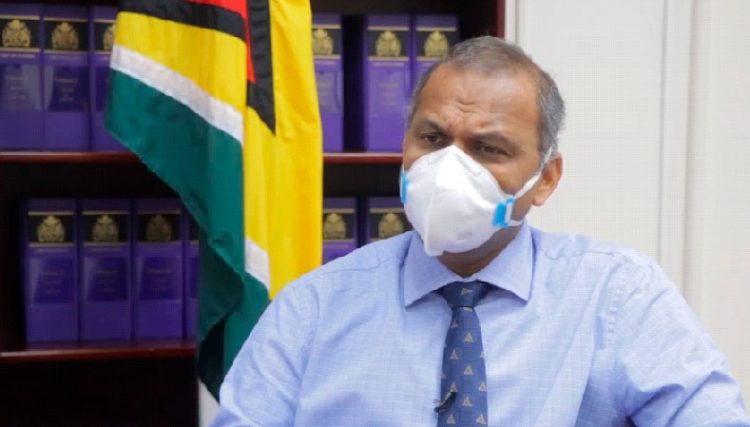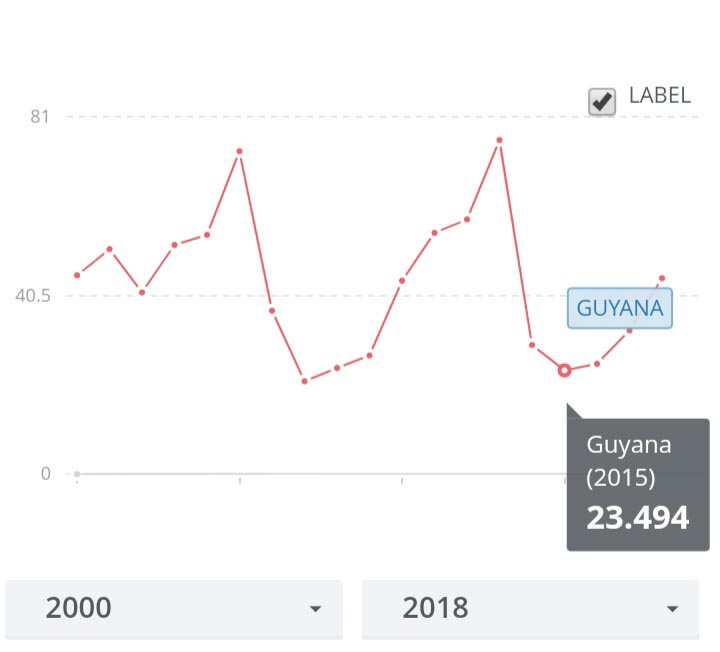As part of its plan to reduce malaria infections in Guyana by 2025 the Ministry of Health (MoH) will soon commence distribution of insecticide-treated mosquito nets to families living in the hinterland regions.
Health Minister Dr. Frank Anthony on Friday noted that the Ministry has been working on reducing malaria infections as there has been a notable increase of cases from 2015 to now. According to the minister 2015 recorded the lowest number of malaria infections in the country but since then there has been a 46% increase in cases during the following years.

A World Health Organisation (WHO) report also showed an increase of malaria cases after 2015. According to the report, the incidence of malaria per 1,000 persons at-risk was 23.5 in 2015 and this figure has since increased to 44.4. This means that out of 1000 persons who are at risk of becoming infected with malaria, 44.4 were infected.
Malaria is a disease caused by a parasite spread to humans through the bites of infected mosquitoes. People who have malaria usually feel very sick with a high fever and shaking chills. Each year nearly 290 million people are infected with malaria and more than 400,000 people die of the disease.
To reduce malaria infections, world health programmes distribute preventive drugs and insecticide-treated bed nets to protect people from mosquito bites. Treated nets have been handed out here routinely.
Anthony noted that 90% of malaria cases are usually recorded in Regions One, Seven, Eight and Nine so they have developed a strategic plan to reduce malaria cases significantly by 2025. He disclosed that there are a number of projects within the plan that will target various ways to lower cases including reducing the mosquito population, developing strategies which would prevent mosquitoes from biting people, and exploring ways to treat patients infected with the disease appropriately.
Anthony noted however that the majority of the projects will focus on prevention and revealed that they are currently preparing to implement some of the strategies in the project. He said they have started training 120 persons in hinterland communities who would assist with the malaria prevention programme.
Additionally, he said they will be commencing distribution of insecticide-treated mosquito nets in May. The distribution exercise will last until June and will see the sharing of 95,000 bed and hammock nets to families living in hinterland communities.





